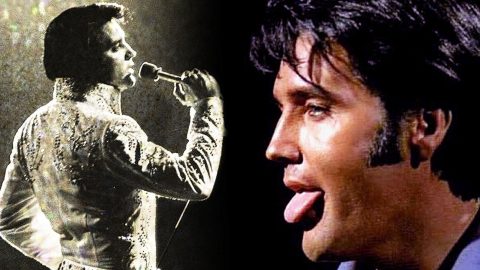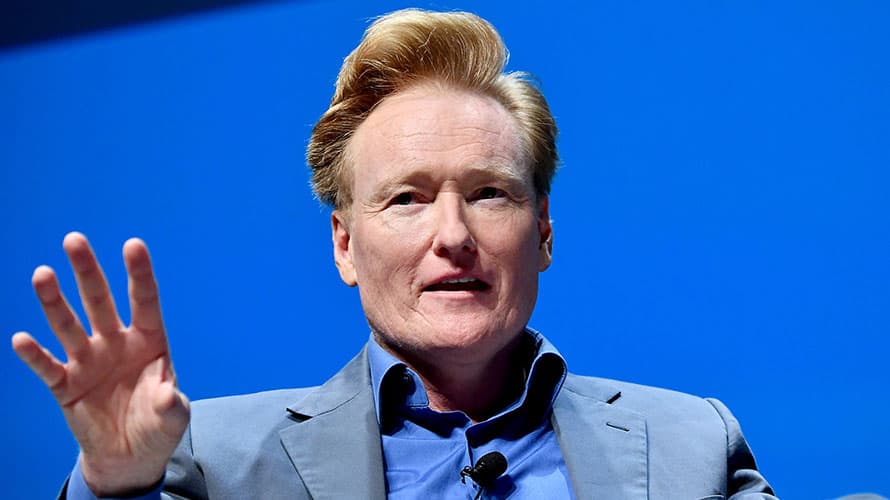Blog
Charisma is an extremely sought-after trait in a variety of fields including business, entertainment and politics. According to the Merriam-Webster dictionary, the definition of charisma is “a personal magic of leadership arousing special popular loyalty or enthusiasm.” In other words, a charismatic person possesses unique traits that attract, inspire, or fascinate other people. Individuals with charisma often hold influence over others. They can be funny, stylish, outgoing, very self-confident, and authentic. They’re rarely self-centered, and they’re usually good listeners. The question still begs to be asked – What is so charismatic about people with charisma?
Social signaling
To answer the above question, we need to focus on the concept of covert communication. In his book, Honest Signals, the computational scientist Professor Alex “Sandy” Pentland talks about social signals such as body language, facial expressions, and tone of voice; signals that yield an assertion regarding an individual’s social competence and the social hierarchy in any given situation. Social signals are done on an unconscious level and are irrepressible and “honest.” These signals have a more significant effect than other conscious factors. The ability to recognize these signals and monitor them, plays in the favor of a person who holds power.



Charismatic people are attuned to the nonverbal social signals displayed by the people around them.
Those who possess outstanding charisma are talented at reading and responding to social signals. Reading the situation right, i.e., being aware of everyone else’s social signals, allows charismatic people to set socially suitable cues, such as a consistent pitch, volume, and rhythm in how they talk. It also allows them to engage in measured gestures, ultimately demonstrating a moderated nature. A charismatic person’s ability to “see through” someone else’s position allows them to influence the course of the conversation, exhibit verbal pushing, leading the turn-taking in the conversation. As a natural reaction, the other interlocutor confirms their competence with mimicry.
More often than not, charismatic people will respond to a comment in a pragmatically suitable manner rather than in a semantically congruent manner. The following scenario involves two co-workers engaging in a conversation about a finished project.
Sue: “Hey Jacky, did you see that we finally launched the new product? We worked around the clock, but we finally pulled it off!”
Jacky: “Oh, That makes sense.”
In the above scenario, Sue attempts to steal credit for a project she never contributed to. Despite knowing this, Jacky decides she does not want to embarrass her co-worker and chooses not to respond directly to Sue’s question. Instead, Jacky indirectly ignores the fault assertion and suggests that Sue’s claim for the tight schedule could be fundamentally true. Thereby Jacky pragmatically avoids approving Sue’s lie, and equivalently presents a level-headed manner.
Reading the social map in any given situation allows a charismatic person to adhere to the core of the occurrence, allowing them to reframe it, by assigning their words the appropriate implied meaning that is consistent with their status, rather than accounting for the explicit semantic discourse.
Why does being charismatic make one socially compatible?
Ultimately, charismatic people focus energy on being attuned to social signaling rather than fixing themselves in the social fabric. They have the freedom to fluctuate between states, display daring behavior compared to the current situation. The fact they do not hesitate to take risks with managing their impression, is in itself a display of social power and competence.

